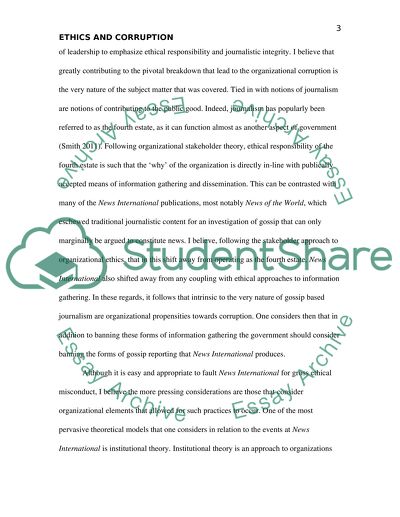Cite this document
(Ethics and Corruption at News International Essay, n.d.)
Ethics and Corruption at News International Essay. Retrieved from https://studentshare.org/media/1441190-ethics-and-corruption-at-news-international
Ethics and Corruption at News International Essay. Retrieved from https://studentshare.org/media/1441190-ethics-and-corruption-at-news-international
(Ethics and Corruption at News International Essay)
Ethics and Corruption at News International Essay. https://studentshare.org/media/1441190-ethics-and-corruption-at-news-international.
Ethics and Corruption at News International Essay. https://studentshare.org/media/1441190-ethics-and-corruption-at-news-international.
“Ethics and Corruption at News International Essay”, n.d. https://studentshare.org/media/1441190-ethics-and-corruption-at-news-international.


